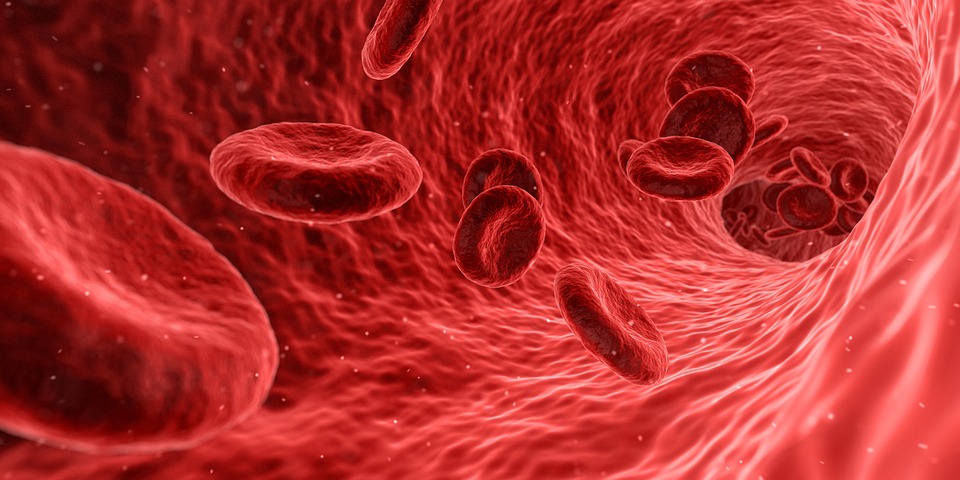
Trials examine immune drug’s potential to treat different forms of vasculitis.
Two new studies provide valuable insights into the treatment of different types of vasculitis, which are conditions that cause blood vessels to become inflamed. In the studies, which appear in Arthritis & Rheumatology, investigators examine whether a medication that interferes with the activity of certain immune cells may help treat the most common form of vasculitis, as well as one of the rarest forms, both of which affect the large blood vessels.
In both studies, patients were enrolled and treated with prednisone and abatacept, a drug that impacts T cells of the immune system. After 12 weeks, patients underwent a blinded randomization to abatacept or placebo, with all patients undergoing a standardized prednisone taper so that the glucocorticoid was discontinued at week 28.
Forty-one patients with newly-diagnosed or relapsing giant cell arteritis (GCA), the most common form of vasculitis completed the first trial, and 26 patients with Takayasu’s arteritis (TAK), one of the rarest forms of vasculitis, completed the second.
In the GCA trial, the relapse-free survival rate at 12 months was 48% for those receiving abatacept and 31% for those receiving placebo. Also, patients taking abatacept experienced a longer median duration of remission (9.9 months) than patients taking placebo (3.9 months).
“Prednisone is effective but associated with significant potential side effects, particularly in the older population who are affected by this disease. As relapses occur frequently in GCA, this has often meant that patients require repeated courses of prednisone,” said lead author Dr. Carol Langford, M.D., MHS, of the Center for Vasculitis Care and Research at the Cleveland Clinic. “The results from this study are encouraging and could lead to a novel treatment option in people with GCA.”
In the TAK trial, the relapse-free survival rate at 12 months was 22% for those receiving abatacept and 40% for those receiving placebo. Abatacept was not associated with a longer median duration of remission compared with placebo (5.5 months versus 5.7 months).
“This study was important in being the first international trial that compared two different treatment approaches in TAK to determine which was more effective,” said Langford. “Although abatacept was not found to provide additional benefit beyond prednisone, the study was very significant in how it was conducted and what was learned. By demonstrating that comparative studies in TAK are possible, this work will advance future investigations of novel treatment approaches in people with TAK.”
Langford noted that there was no difference in the frequency or severity of adverse events between the groups in either trial.
Importantly, both trials were designed to be conducted in parallel by the same investigator team using the same study protocol. “This approach was taken with the goal of exploring the similarities and differences between these two forms of large-vessel vasculitis,” said Langford. “The observation of contrasting results raises intriguing questions about these diseases and highlights the importance of continued research in vasculitis.”
The studies were conducted by the Vasculitis Clinical Research Consortium and funded by the National Institute of Arthritis and Musculoskeletal and Skin Diseases (NIAMS).
(Source: EurekAlert!)
Filed Under: Drug Discovery




